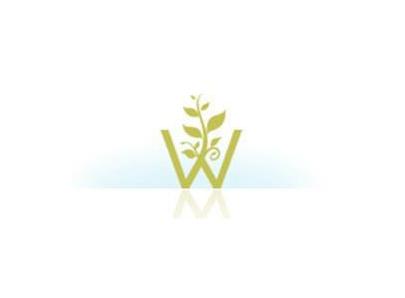Do you want to change the world? You're in the right place! Join us at W4 in empowering girls and women for the benefit of everyone! You can donate to our projects around the world, launch your own team fundraiser, (e-)volunteer your skills and/or spread the word about our work!
How does it work?
Choose one or more projects you care about from our portfolio of projects around the world, make a donation and see the life-changing, even life-saving, impact of your giving!
How does it work?
Create your own uber-cool fundraising team to raise funds for (a) project(s) you care about, then invite your friends/colleagues/family to donate and change the world with you! Multiply the good and multiply your impact!
How do gift cards work?
Offer a friend/colleague/loved one a unique, unforgettable gift with a W4 gift card! When you offer a W4 gift card, the recipient of your gift can choose a project to support from among our many girls' & women's empowerment projects around the world. The recipient of your gift card will receive updates throughout the year about the project, as well as W4 "goodies" relating to the project. So offer a W4 gift card today and spread joy & love!
ICTs: DIGITAL TOOLS FOR CONNECTING AND EMPOWERING WOMEN
Information and Communications Technologies (ICTs) encompass the modern tools of knowledge-sharing and communication used in today’s increasingly digital age, i.e. the Internet, computers, mobile technologies, etc.
“Getting women and girls into ICT is vital for a number of reasons. ICTs facilitate the provision of education and job training; and they also improve access to healthcare and participation in economies and civil societies. And in a world where 95% of all jobs now have a digital component, encouraging women and girls in ICT is critical.” – Hamadoun Touré, Secretary-General of the International Telecommunication Union
Digital and mobile technologies and the Internet have enormous potential for women’s empowerment, providing women with opportunities to find and share information, access educational and health services, generate income, interact, collaborate, network, and have their voices heard. Yet a lack of access to technology and technical training, autonomy and adequate infrastructure (often coupled with the high costs of connectivity) prevent many women from fully benefiting from the use of digital and mobile technologies and the Internet. Today, globally, women are 21% less likely to own a mobile phone than men.
Connecting women through the use of technology can yield incredible returns in social and economic development; developing economies could, for example, see an increase of $13 – 18 billion in their GDPs if the number of girls and women currently online worldwide were doubled (Intel’s “Women and the Web” Report 2012).
“Connected, women gain more strength. Disconnected, we will always stay behind,” says Kapilaben Vankar, a lily farmer and member of the Self Employed Women’s Association, who uses her mobile phone to help get her flowers to market. “Before I had to move from market to market, from one trader to the other, often spending the entire day in finding a proper market. But now I use my cell phone. I call up the different markets while I’m plucking the lily flowers, and by nine in the morning, my flowers reach the market.”
W4 supports initiatives that promote:
Access to technological infrastructure and training opportunities:
The first step in harnessing the power of technology towards building girls’ and women’s capacities is to ensure them access to the most current digital tools – tools that are rapidly and perpetually evolving – by broadening the affordability and expanding the reach of such technologies; for example, by equipping school libraries with computers and access to Internet. Once girls and women have access to these tools, they must be trained accordingly in order to understand and effectively use technology to its full benefit in their lives.
Online Learning (e-Learning) & Mobile Learning (m-Learning):
e-Learning and m-Learning opportunities can empower women with broader, more flexible access to both informal and formal education thanks to the use of desktop, laptop and tablet computers, MP3 players, and mobile phones, while also transforming the delivery and reception of knowledge by offering a more collaborative, contextualized and interactive learning experience.
Online Banking (e-Banking) & Mobile Banking (m-Banking):
Through online and mobile banking, poor women, and even illiterate women, can access affordable, secure banking services which help them to better manage their family’s income, facilitate financial transactions related to their businesses, and encourage them to save for their children’s futures. Further, thanks to digital and mobile technologies, women can save the time, transport expenses and/or lost income they would normally incur in transit to banks. e-Banking and m-Banking can also be used by women borrowers and lenders to more easily receive and repay their microloans.
Online Health (e-Health) & Mobile Health (m-Health):
Access to digital and mobile technologies and the Internet grants women and girls, particularly those in isolated, rural areas, timely, easy access to healthcare as well as vital information related to their health. These tools also have the power to expand training opportunities for healthcare professionals and their ability to diagnose diseases and track patients’ progress, keeping more women and girls in good health.
“Mobile potential is huge, and when it’s cracked, it will be transformational.” – Gene Falk, a Co-founder of W4 Project Partner mothers2mothers
Together, we can crack this potential. Join us in connecting and empowering women with access to technology today!













